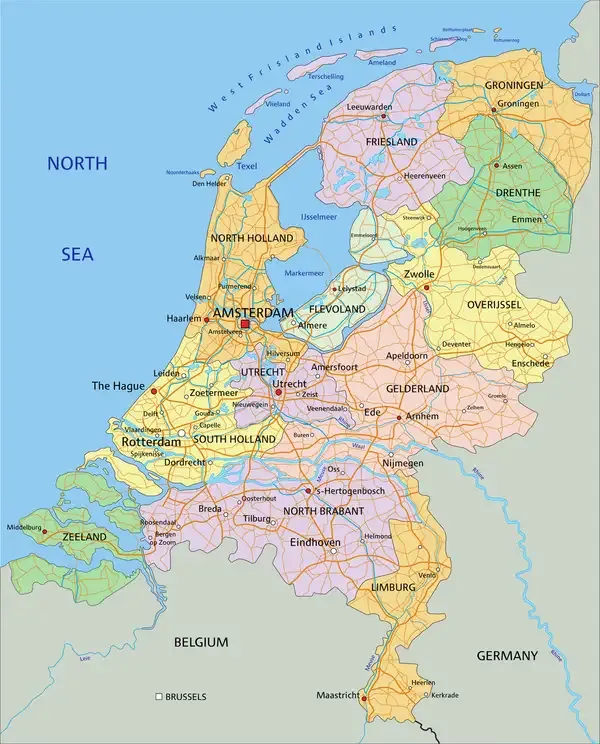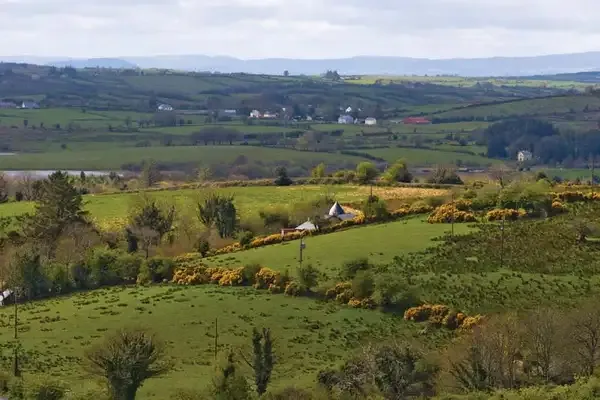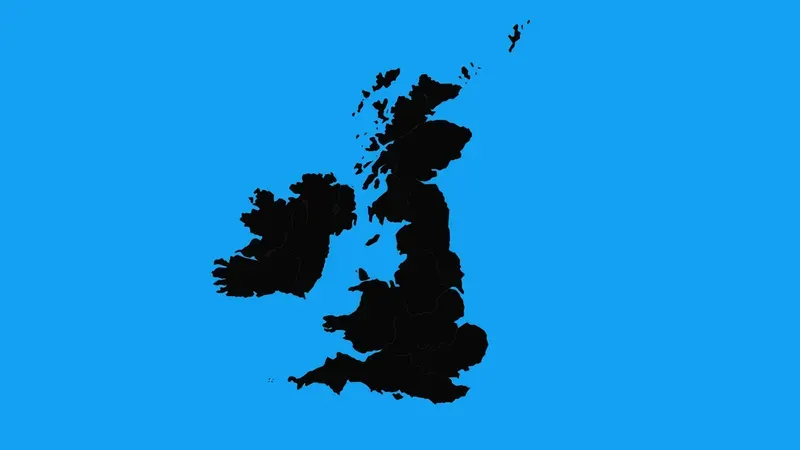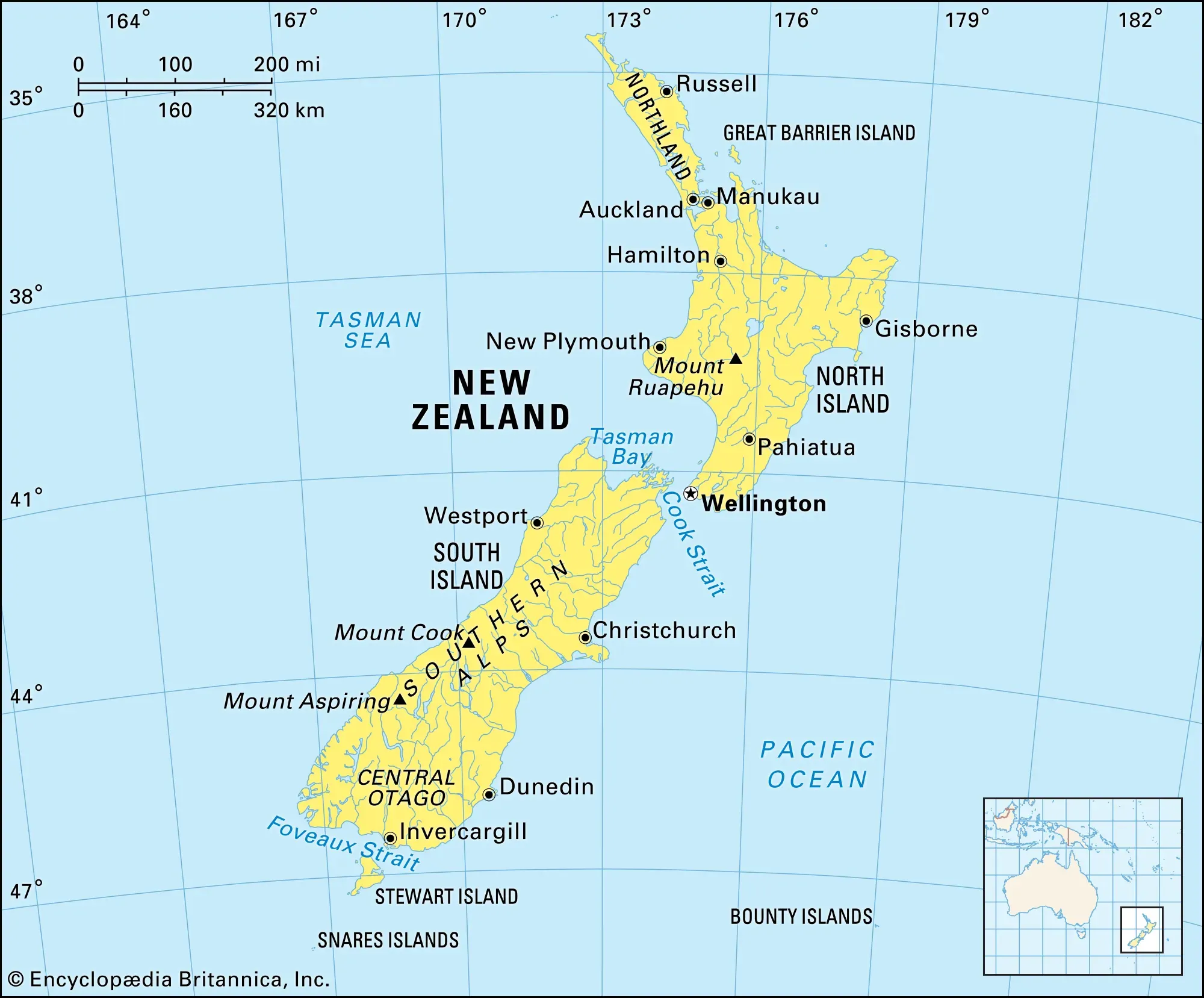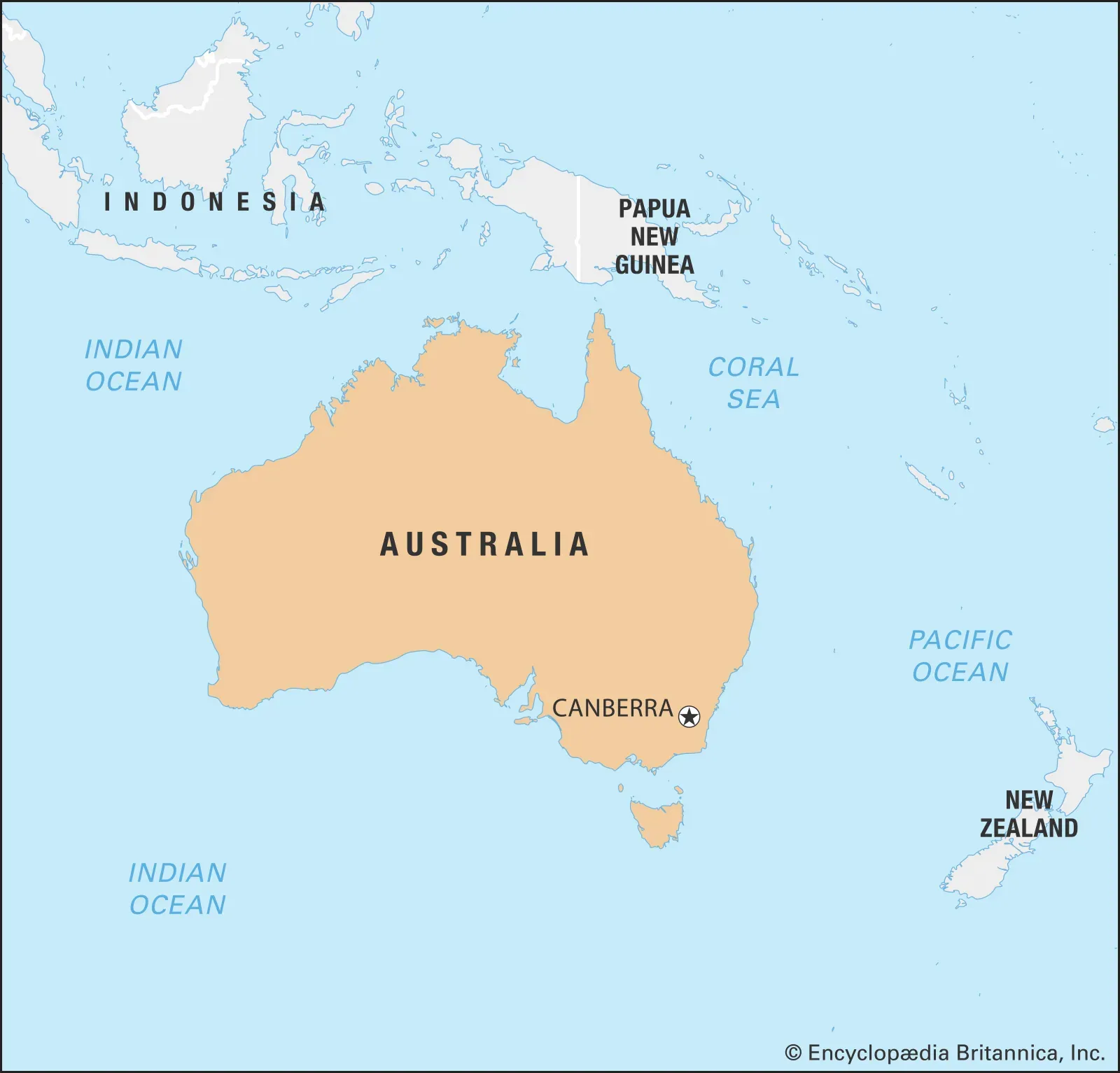How Long Is the Amazon River?
The Amazon River is one of the longest rivers in the world, with its length often debated due to its complex system of tributaries. It flows through several South American countries, primarily Brazil and Peru. Estimates of its length vary, but it is generally considered to be approximately 4,000 miles long, making it slightly shorter or longer than the Nile, depending on the measurement criteria used. Its expansive basin and diverse ecosystems make it a vital natural resource.
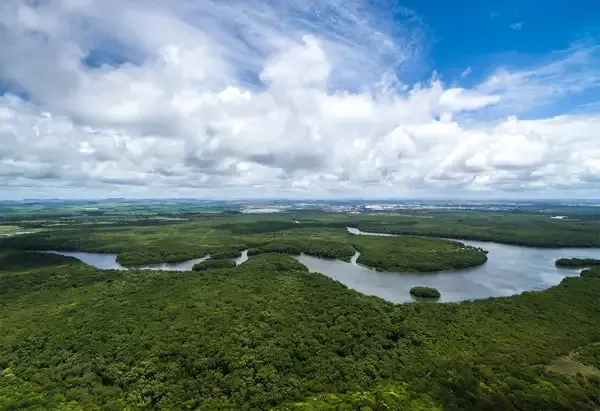
The Amazon River is one of the most fascinating natural wonders on our planet, and its length has been a subject of debate among scientists and explorers alike. Many estimates place the ''Amazon River'' at approximately ''4,345 miles'' (7,062 kilometers) long, making it one of the longest rivers in the world. However, some researchers argue that when taking into account its tributaries and various measurements, the river could be even longer. In this article, we will explore the details of the ''Amazon River's length'', its significance, and the factors that contribute to its measurement.
Understanding the Length of the Amazon River
The length of the Amazon River is not just a simple figure; it involves complex calculations and definitions. The river flows through several countries, including ''Brazil'', ''Peru'', and ''Colombia'', and is fed by numerous tributaries. Various expeditions have attempted to measure the Amazon, leading to differing conclusions about its total length. The main factors that contribute to these variations include:
- ''Starting Point'': The river's source can be traced back to different locations in the Andes Mountains, leading to differences in reported lengths.
- ''Tributaries'': The Amazon has many tributaries that can be considered part of its length, affecting the overall measurement.
- ''Geographical Changes'': Erosion, sedimentation, and other natural processes can alter the river's course and length over time.
Comparison of River Lengths
To put the ''Amazon River's length'' into perspective, it is often compared with other major rivers around the world. Below is a table that illustrates the approximate lengths of some of the world's longest rivers:
| River | Length (miles) | Length (kilometers) |
|---|---|---|
| Amazon River | 4,345 | 7,062 |
| Nile River | 4,135 | 6,650 |
| Yangtze River | 3,917 | 6,300 |
| Mississippi-Missouri River System | 3,902 | 6,275 |
Why the Length of the Amazon River Matters
The ''length of the Amazon River'' is significant for several reasons:
- Ecological Importance: The Amazon Rainforest, which the river traverses, is home to an unparalleled diversity of flora and fauna. The river's length and tributaries support various ecosystems.
- Cultural Significance: The river is vital to the indigenous communities that have lived along its banks for centuries. It serves as a source of food, transportation, and cultural identity.
- Economic Impact: The Amazon River is essential for trade and commerce in the region. Its length contributes to the connectivity between different areas, facilitating economic activities.
Challenges in Measuring the Amazon River
Measuring the ''length of the Amazon River'' is not without its challenges. The river's dynamic nature means that it can change course over time due to natural factors like flooding and sediment deposition. Moreover, technological advancements have improved measurement techniques, but discrepancies still exist due to the ''Amazon's complex tributary system''. Some researchers argue that the river's length might actually exceed the current estimates when all tributaries are included.
Conclusion
In conclusion, while the ''Amazon River'' is commonly cited as being approximately ''4,345 miles'' long, the true length may vary based on measurement techniques and criteria used. Its significance extends beyond mere numbers; the river plays a crucial role in the ecological, cultural, and economic landscapes of South America. Understanding its length and the factors that influence it helps us appreciate the importance of this magnificent river and the ecosystems it supports.
Whether you are an adventurer looking to explore the river or a researcher studying its impact, the ''Amazon River'' remains a vital and captivating subject of study. As we continue to learn more about this incredible waterway, the debate over its length serves as a reminder of nature's complexity and the importance of preserving such vital ecosystems.






